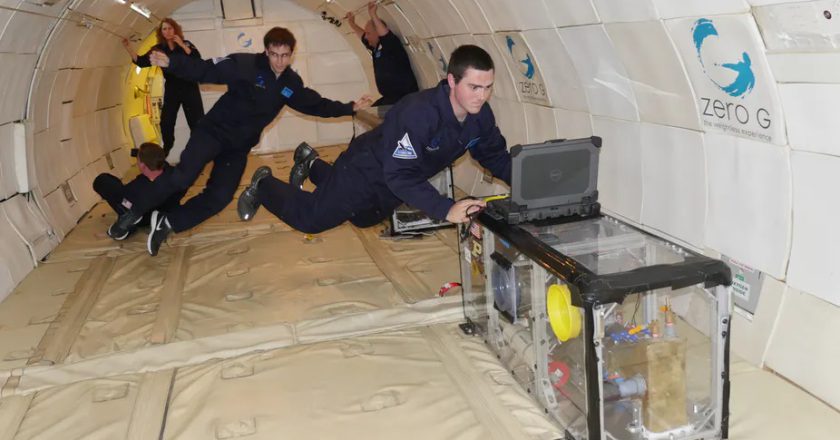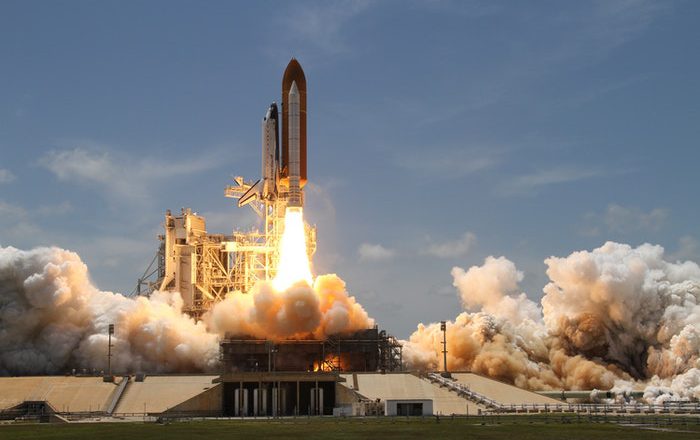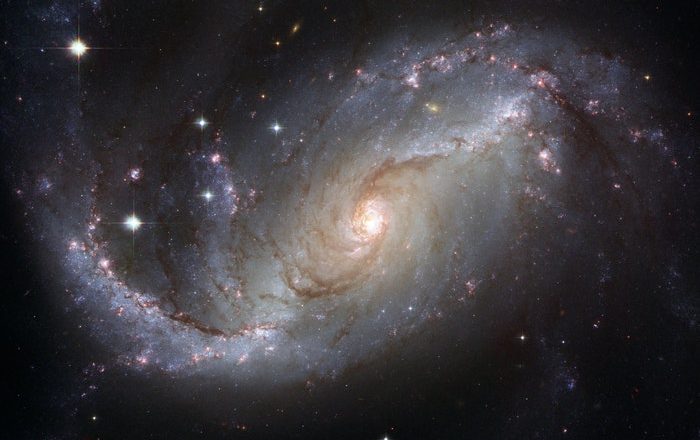Why are scientists trying to manufacture organs in space?
Gravity can be a real downer when you are trying to grow organs.
That’s why experiments in space are so valuable. They have revealed a new perspective into biological sciences, including insights into making human tissues.
Gravity influences cellular behavior by impacting how protein and genes interact inside the cells, creating tissue that is polarized, a fundamental step for natural organ development. Unfortunately, gravity is against us when we try to reproduce complex three dimensional tissues in the lab for medical transplantation. This is difficult because of the intrinsic limitations of bio-reactors used on Earth.
I am a stem cell biologist and interested on brain health and evolution. My lab studies how the human brain is formed inside the womb and how alterations in this proces...



